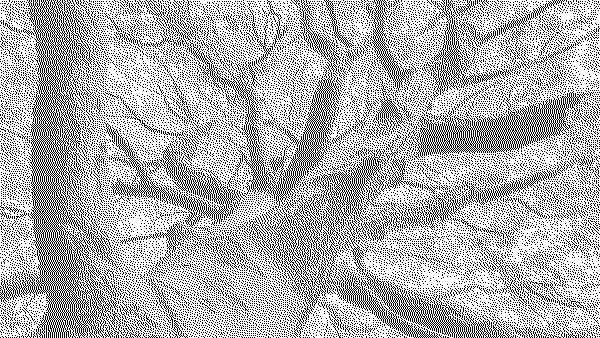Musonius Rufus on meat
Further to yesterday’s post, I’ve continued reading the Roman Stoic philosopher Musonius Rufus. It seems like he was a cool guy.
On the subject of food he used to speak frequently and very emphatically too, as a question of no small significance, nor leading to unimportant consequences, indeed he believed that the beginning and foundation of temperance lay in self-control in eating and drinking.
Musonius Rufus, ‘That One Should Disdain Hardships’
It would appear that he didn’t eat meat.
On the other hand he showed that meat was a less civilized kind of food and more appropriate for wild animals. He held that it was a heavy food and an obstacle to thinking and reasoning, since the exhalations rising from it, being turbid, darkened the soul. For this reason also the people who make larger use of it seem slower in intellect.
Musonius Rufus, ‘That One Should Disdain Hardships’
Having just come back from a beach barbecue this is top of mind at the moment. Thankfully, with friends and family we’re past the inane questions about the smell and taste of bacon butties. Yes I like the taste of meat. Yes I’ve realised it’s cruel to kill animals and eat them. No I’m not tempted just this once. No I’m not virtue signalling.
It’s worth noting that I do eat fish, although I try not to think too much about this, as I don’t have strong arguments as to why I’m pescetarian rather than vegetarian. To be quite honest, it’s a matter of convenience, as it makes me easier to cater for, and affords me more options when we go out for dinner.
This post is Day 18 of my #100DaysToOffload challenge. Want to get involved? Find out more at 100daystooffload.com

